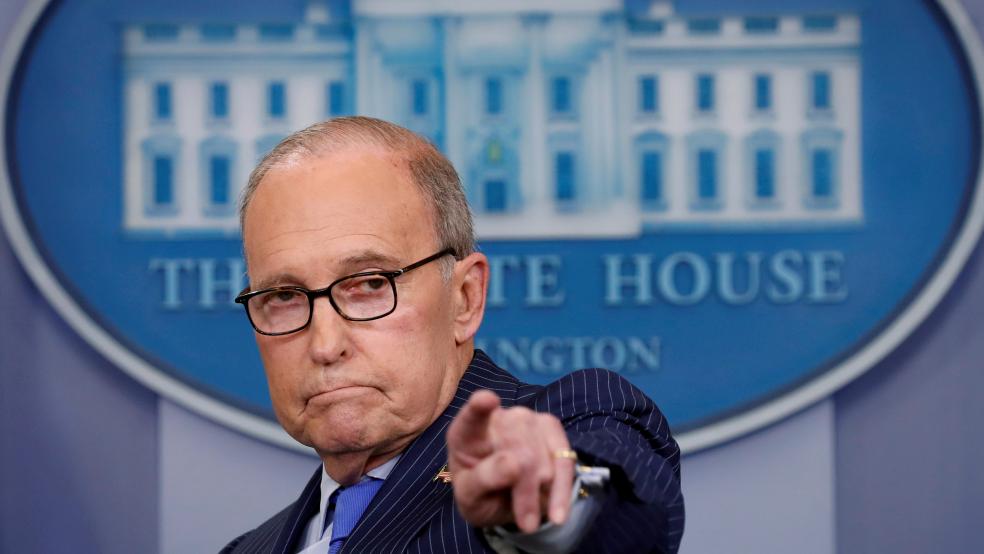National Security Adviser John Bolton, speaking Wednesday at an event hosted by the Alexander Hamilton Society in Washington, warned that the national debt is a societal threat with security implications, but he said that cuts to discretionary spending — the spending determined by Congress each year, which now represents about a third of federal outlays — would be sufficient to address the deficit in the near term.
Key quotes from Bolton, via Bloomberg News:
- “It is a fact that when your national debt gets to the level ours is, that it constitutes an economic threat to the society. And that kind of threat ultimately has a national security consequence for it.”
- “In the near term, the budget deficit problem is in the discretionary spending. The entitlements come in a few years and that problem’s going to have to be addressed. But right now, you can have significant impact on both the deficit and the national debt by cutting government spending on the discretionary programs.”
Bloomberg’s Toluse Olorunnipa notes that “[m]any budget experts say entitlement spending presents a larger long-term threat to the U.S. economy because of both its magnitude and increasing demand from an aging population.”
The president’s top economic adviser, meanwhile, warned Thursday that he, and presumably the administration, would fight any tax increases to reduce the deficit if Democrats win control of the House in next week’s elections, Roll Call reports.
Larry Kudlow, director of the National Economic Council, said that economic growth and cuts to discretionary spending would be enough to bring deficits down as a share of the economy over time. “I think we need 10 years or so of economic growth running at about 3 percent a year,” he said at a Washington Post event. That growth is much higher than what mainstream forecasters project.
Kudlow reportedly also ruled out cutting “large entitlements” such as Social Security and Medicare, which the Congressional Budget Office has said are key drivers of long-term debt. “There’s a lot of money in discretionary programs and smaller entitlements,” Kudlow said.
He also spoke out against raising the federal minimum wage. “My view is a federal minimum wage is a terrible idea,” he said. “Idaho is different from New York.” He also said that he opposed minimum wages at the state and local level.





